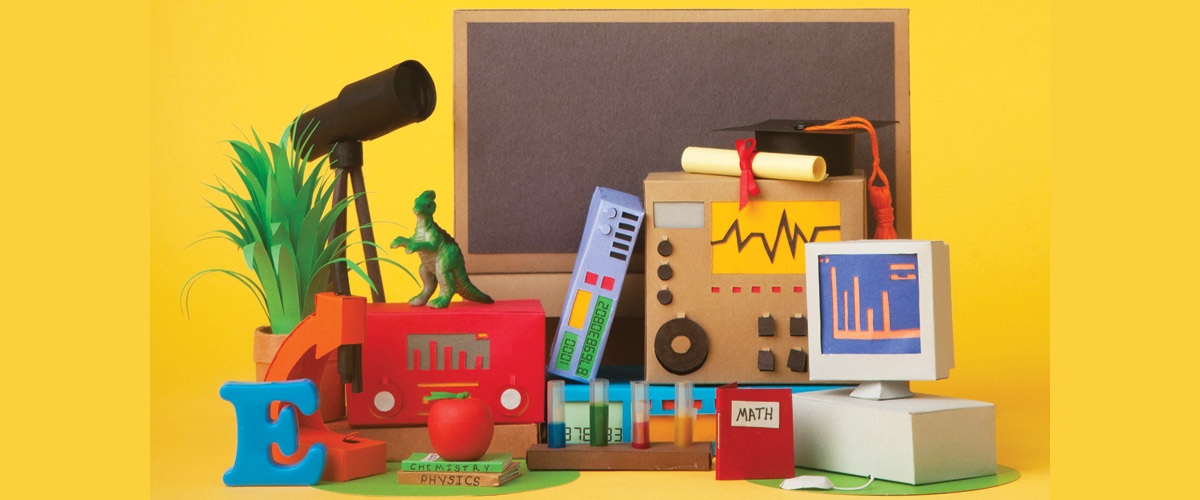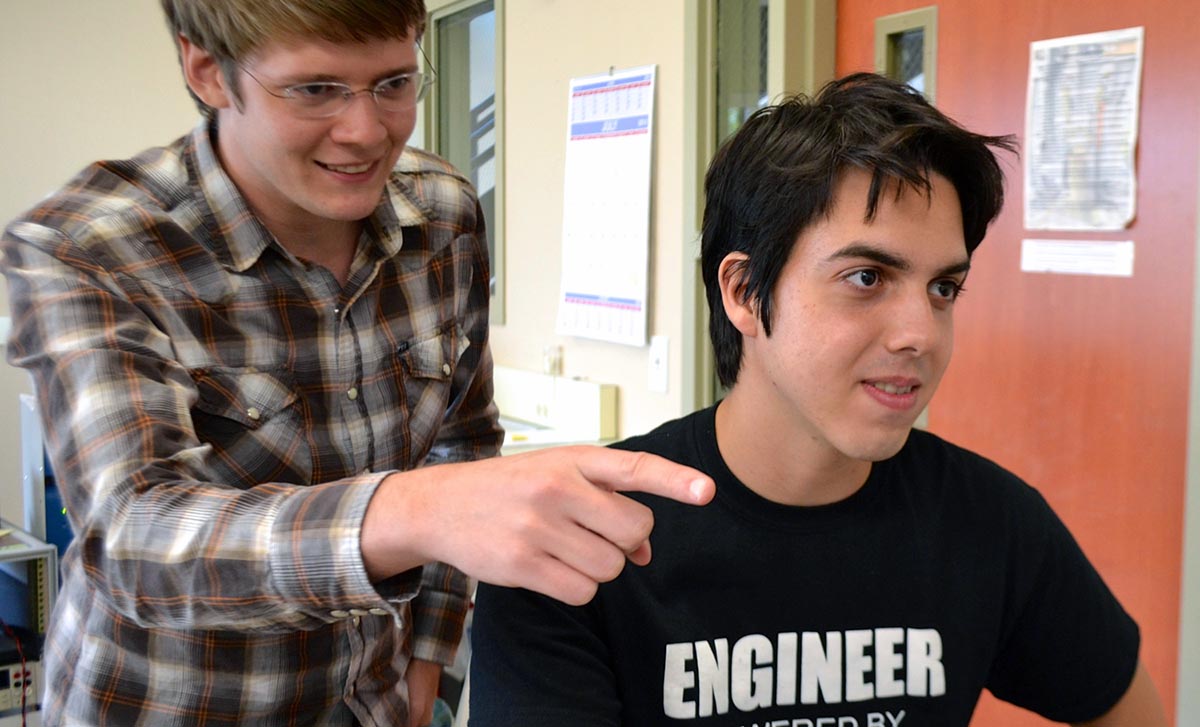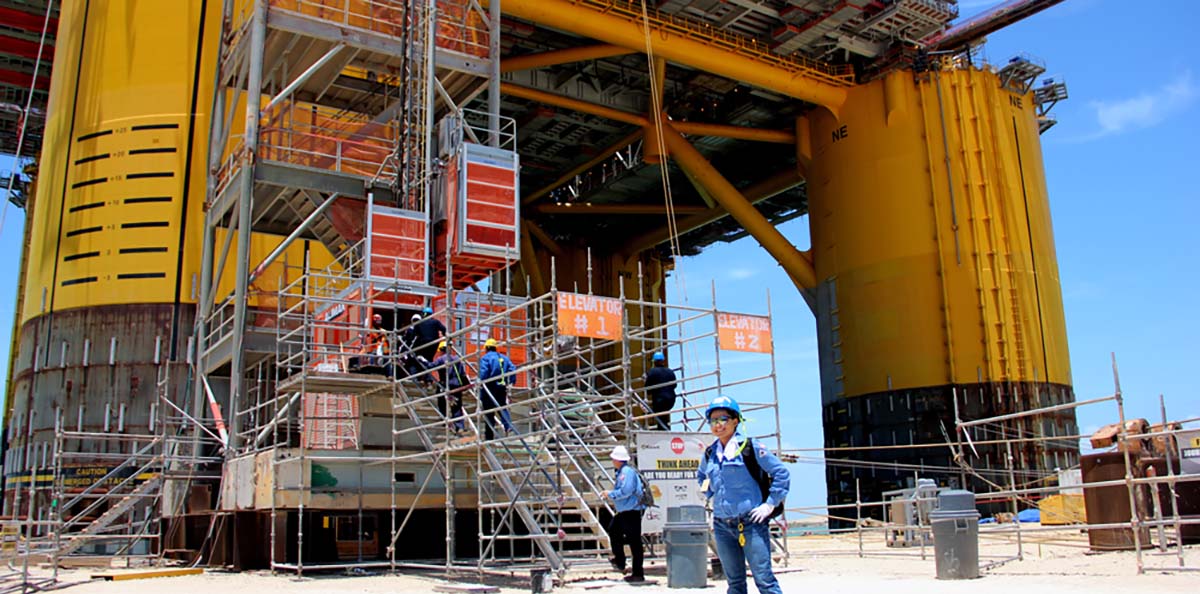- Introduce experimentalism
- Develop Critical thinking skills
- Establish Math skills
- Start communicating science skills
As kids grow, look for ways to expose them to higher-order critical thinking skills and an understanding of processes. Try answering their questions with a question like What do you think it is? What makes you think so? or How could we find out together? Encourage experimentation with questions like What would happen if... or What if we tried...Science fair projects, robotics clubs, science-directed summer camps, tinkering with computers and mechanical assemblies, and even cooking can help kids understand experimentation and the processes that result in a whole. Integrate communications skills into science activities using photos, hand-drawn pictures, and writing.
The MagLab has a number of programs for early learners including an annual Open House event featuring dozens of mind-blowing demonstrations and the chance to interact directly with the physicists, chemists, biologists, and engineers who conduct research here. This event is a one-of-a-kind opportunity to explore the fun of science for visitors of all ages.
Also, Science Night is a FREE, fun, family-friendly, hands-on science event jointly hosted by the National MagLab and the Leon County Library. All ages are welcome (but Science Night is especially for those aged 5-10).
Also check out the lab's middle-school programs including SciGirls Camp, Camp TESLA and Middle School Mentorship.






